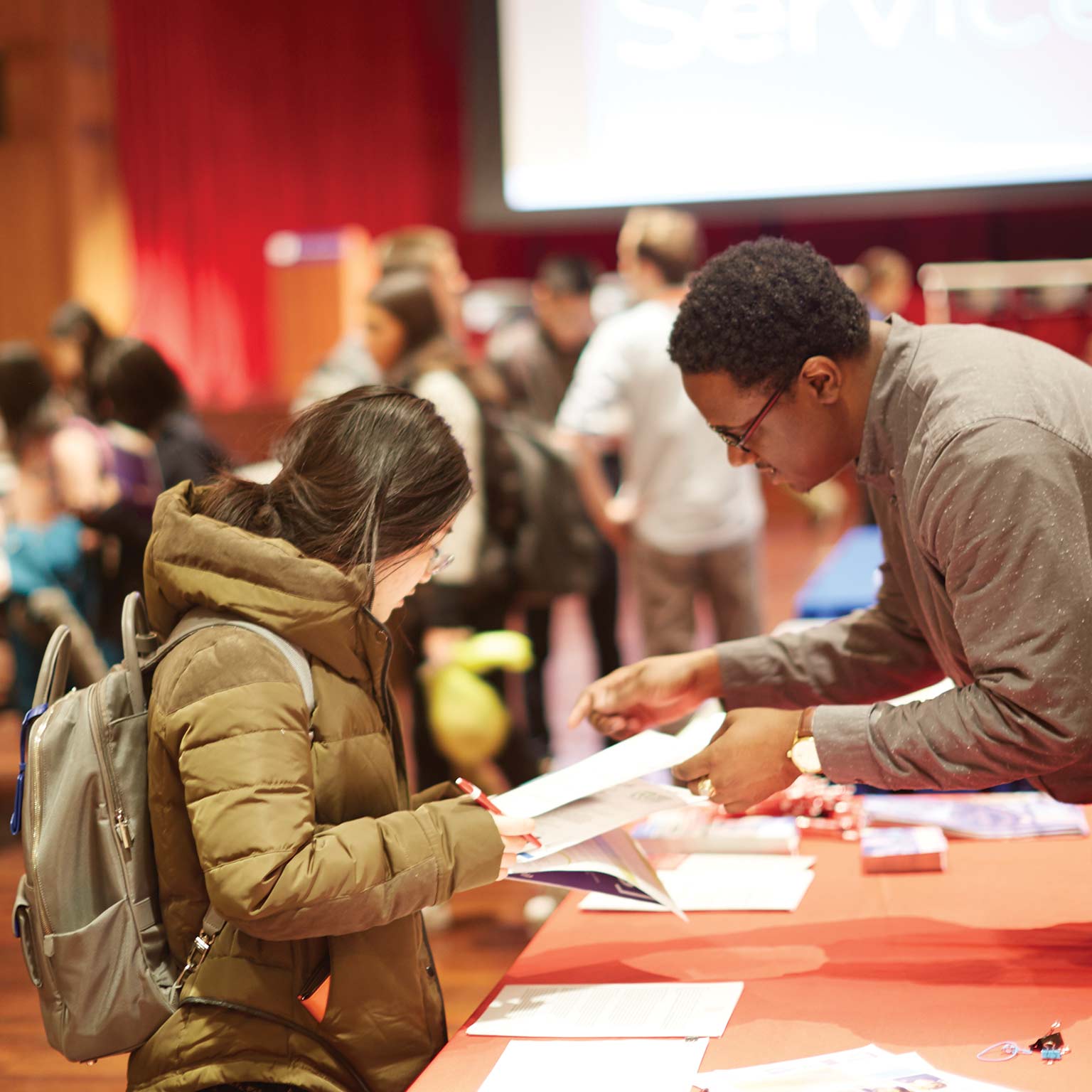
When I buckle down to read applications every winter, I am floored by how much you all take on as high school students. While I know this past year has been anything but normal and your involvements during the pandemic might look different from your early high school career, it is inspiring that you still make academics a priority with the demands of theatre, lacrosse, and family responsibilities. When it comes time to put all of those activities on paper, it can be overwhelming! But this is your chance to tell the story that can’t be told by test scores and transcripts alone.
Too often, the activities section feels like an afterthought in the application. Here are some tips to make the most of this section in order to give us a 360-degree view of your life outside of the classroom.
1. It's About More than School-based Clubs
When I was submitting my own college applications back in yesteryear, I kept asking myself, “Why would a college care?” Dispel that kind of thinking. We are invested in all the things that show us how you spend your days, what you care about, and what you’ll bring to campus. We refer to activities as engagement at NYU Admissions. This means we value more than just school-based extracurricular commitments.
That means that (almost) nothing is insignificant. Tell us about the time you spend caring for siblings, working at a cafe, or translating documents for your family. Especially during the pandemic, if you took on additional family responsibilities, let us know. Tell us about your leadership positions, the regional competitions you’ve participated in, and the work you’ve done in your communities. If you used your time home during the quarantine to develop a new skill, tell us about the languages you’ve learned on YouTube, the films you’ve made in your backyard, and the zines you’ve created (but we also understand that it can be hard to be productive during the pandemic). All of this is valuable information that tells us more about what you will bring to our community. But stop short of telling us how many hours you spend playing video games or going to the mall. The activities you list should be those that show you contributing to a broader community or working to create something.
Don’t leave it up to your counselor to fill in the blanks. When we see an empty activities section, we flip to the counselor recommendation, where they often tell us all the things you are involved in. This is your chance to advocate for yourself, so use this section to tell us more about who you are.
2. Rank Your Commitments in Order of Importance
When your application reaches our office, it usually ends up being about 10 pages long. That doesn’t even include your transcript and letters of recommendation. For that reason, you should think critically about how to present the information you’re giving us.
The best advice I can give? Rank your activities in order of their importance to you. Don’t let your greatest accomplishments get lost in the shuffle. If you participated in a national dance championship and that is what you are most proud of, list it first. If your work with local homeless communities means the most to you, put it right up front. Don’t just showcase what seems most glamorous or exciting—this is about communicating what you are passionate about. We are just as excited to hear about the social justice initiative you created as the nationwide tennis games you’ve won.
3. Don’t Forget the Fundamentals—Grammar and Spelling!
Your activity descriptions should look like very well-composed tweets. Don’t forget to format just because you only get 150 characters. Of course, that doesn’t mean that you have to write in perfect prose. Always double-check spelling and make sure to use capital letters where necessary and punctuation. There’s nothing more confusing than a beautifully composed essay right next to an activities section littered with errors and misspellings. Let’s say you’re telling us you were president of your mock trial team that competed at the regional level, which of these reads more smoothly?
“President in 12th; Vice President in 11th. Competed at Colorado regionals and took home 3rd place trophy. Trained and mentored new team members.”
or
“led mock trial team at regionals, came third”
The first example gives more information and looks much more professional, and it’s under 150 characters. Don’t let the activities section give an admissions committee any concerns about your writing ability.
4. Be Mindful of Acronyms and Abbreviations
You might feel that the tricky part of the 150-character limit is fitting in everything you want to say. However, from the mock trial example above, you can see it is possible to cover a lot of ground within the character limit.
When it comes to acronyms and abbreviations, you should only be using them if they are universal. As an office full of Indiana Jones fans, we do our best to crack your codes, but some acronyms still leave us scratching our heads. VP obviously means “vice president” (if used in context), but EAOM probably won’t immediately conjure “Equestrian Association of Malaysia.”
Pro tip: show your activities list to someone who knows nothing about your school or what you’re involved in. If they don’t understand something, spell it out.
5. Be Honest—but Don’t Sell Yourself Short
The activities section will ask you to list how many hours a week and how many weeks a year you spend on each commitment. Ultimately, this shows us how devoted you have been to your work outside of the classroom. We want to see that students have been contributing to communities across several years and with some time investment. We won’t fact-check this, but it looks a bit suspicious when the hours add up to more than the number of hours in a week. How are you finding time to sleep?!
Do your best to estimate the amount of time you spend on each activity. If the time per week varies throughout the year, feel free to give us a rough average. Don’t stress it, but don’t sell yourself short or feel like you need to exaggerate.



